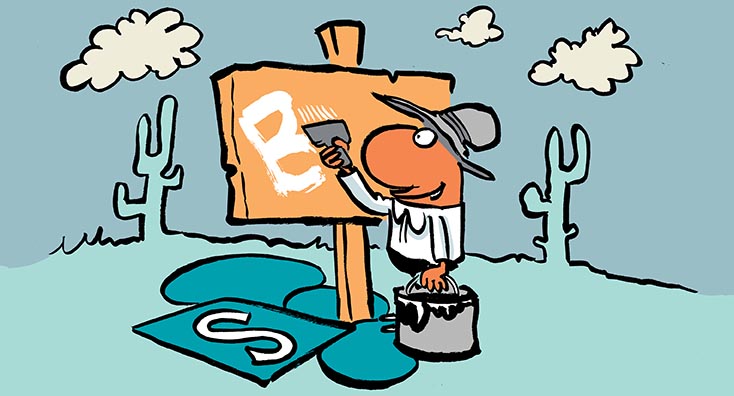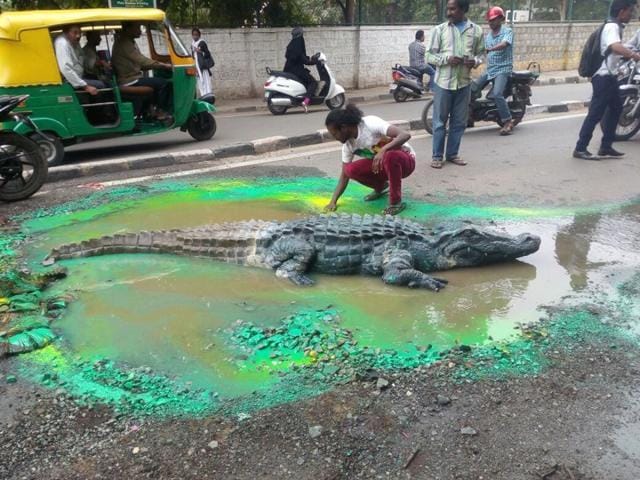Nehru Museum Transformed to Prime Ministers’ Museum and Library Society
India’s historical tapestry is such that echoes of the past resonate with the present, and the act of renaming stands as a powerful testament to the nation’s evolving narrative.
The recent transformation of the Nehru Memorial Museum and Library (NMML) into the Prime Ministers’ Museum and Library (PMML) Society marks a juncture where the echoes of the past meet the winds of change.
With controversy and curiosity swirling around this name change, the journey from Nehru to Prime Ministers’ Museum invites us to contemplate the significance and implications of such decisions.
The decision to alter the name of the esteemed institution wasn’t without its share of ripples across the political spectrum. As the curtains rose on the Prime Ministers’ Museum and Library Society, discussions emerged, and debates ensued.
The hallowed Teen Murti Bhavan, which once housed echoes of Jawaharlal Nehru’s legacy, now transitions to encapsulate the stories of an array of Prime Ministers, each contributing a thread to the complex fabric of India’s history.

As a citizen of this diverse and vibrant nation, I often find myself pondering the marvels of our democratic process. While there’s no shortage of pressing challenges facing our country – from healthcare and education to infrastructure and poverty – it seems we have an uncanny knack for focusing on the most essential matters. Yes, you guessed it right – renaming roads, buildings, and museums.
The Perfect Timing
As Surya Prakash, the vice-chairman of PMML, took to the digital realm to announce the renaming, it was with a touch of coincidence that this act of transition aligned with the eve of Independence Day.
Thus, the news of the Nehru Memorial Museum and Library’s transformation into the Prime Ministers’ Museum and Library (PMML) Society has left me both astounded and introspective.
It’s truly heartening to witness the sheer dedication of our leaders to address the nation’s core issues – by changing the names of institutions.
After all, who needs robust public healthcare when we can have Prime Minister-themed museums?
The timing of this grand feat couldn’t have been more impeccable – coinciding with the eve of Independence Day. Because what better way to celebrate our hard-fought freedom than by changing the name of a museum? It’s almost poetic how the date aligns with the “democratisation and diversification of the remit,” as one might put it.

Not A Small Feat, No!
The intricacies of the renaming process, outlined by Prakash, reveal the legal intricacies that underpin such a transformation. A journey that began with a resolution, navigated through the corridors of society meetings, and culminated with the registrar’s approval – it’s a process that mirrors the complex evolution of a nation itself.
A special meeting of the NMML Society in mid-June, followed by a resolution, then reiteration, and a bureaucratic dance involving the registrar of society – it’s almost like a well-choreographed ballet of paperwork. All this to ensure that a building’s name aligns perfectly with the national ethos.
But let’s not forget the significance of this transformation. The Teen Murti Bhavan, which has stood as the official residence of India’s first prime minister, Jawaharlal Nehru, is now paying homage to all our prime ministers.
It’s like a historical metamorphosis, where past leaders fade into a blur of egalitarian honor, ensuring that no leader overshadows the others. It’s almost touching how the focus is now on “institutional memory.”

What’s More Important Than….
However, the metamorphosis of NMML into PMML raises pertinent questions amid a broader landscape.
As I stroll through the bustling markets, my thoughts turn to the escalating prices of essential commodities like tomatoes and onions. These staple foods have become symbols of the economic struggle faced by ordinary citizens.
The cost of living has soared, and it’s a stark reminder that in the grand scheme of things, names on road signs don’t alleviate the financial burdens on families trying to put meals on the table.
Moreover, the price we pay for education, taxes, and healthcare continues to challenge our everyday lives. Rising tuition fees are often a barrier to quality education, and healthcare expenses can swiftly turn into financial crises.
In the face of these pressing concerns, one wonders whether our time and resources could be better spent on addressing these issues rather than orchestrating elaborate renaming ceremonies.
As globalization sweeps across borders, influencing economies and cultures alike, one wonders if the emphasis on renaming remains consistent with the priorities that govern our interconnected world.
In a world where globalization is at its peak, the significance of international relations, economic collaborations, and technological advancements cannot be overstated.
As India takes its place on the global stage, the choice to prioritize renaming warrants a closer examination.
While the world around us races forward, are we inadvertently delaying our progress by focusing on names rather than substance?
In an era where connections transcend borders and the exchange of ideas knows no bounds, the image we project becomes paramount.
What impression do we leave when our energies are seemingly dedicated to changing the exterior, rather than addressing the core challenges that impact the lives of our citizens?
As we immerse ourselves in this renaming phenomenon, it’s crucial to reflect on the priorities we set for our nation. While museums and library societies evolve in nomenclature, one can’t help but wonder if our society’s real challenges are getting the attention they deserve.
The underfunded schools, the dilapidated roads, the healthcare disparities – these concerns might not be as glamorous as a newly named museum, but they impact the lives of millions every day.

India
On the bright side, every time I navigate the labyrinthine streets of our cities, struggling to find my way through the ever-changing landscape of road names, I’m reminded of our nation’s ability to adapt, innovate, and, of course, rename.
In a world of chaos, we’ve mastered the art of giving our landmarks an identity crisis, and for that, I tip my hat to our leaders.
So, here’s to a land where priorities are as dynamic as our road signs – constantly changing, occasionally baffling, but always unique.
As we evolve from Nehru’s Teen Murti Bhavan to the Prime Ministers’ Museum and Library Society, let’s hope that someday, our dedication to real progress matches the enthusiasm we display in choosing new names. Until then, let’s embrace the surreal dance of renaming, and hope for a brighter, more substantial future.

The Last Bit, A Name by Any Other Name
As I reflect upon India’s penchant for renaming, I am reminded of the famous quote from Shakespeare’s Romeo and Juliet – “A rose by any other name would smell as sweet”.
Indeed, regardless of the names we bestow upon our landmarks, the essence of our nation remains unaltered. While the dance of renaming can be entertaining, let us not lose sight of the critical challenges we face – challenges that deserve our unwavering attention and effort.
Amidst the whirlwind of change and transformation, let us ensure that our efforts align with the true needs of our people. As we continue to navigate the labyrinthine streets of political change, let us also channel our energies towards endeavors that truly shape the destiny of our nation. The symphony of names will keep playing, but let it harmonize with the chorus of progress and betterment for all.



